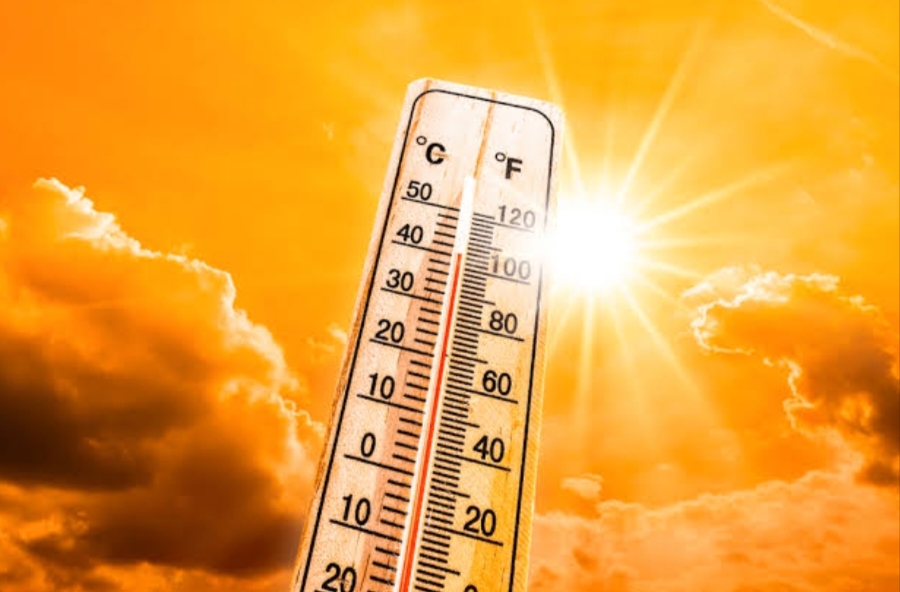The scorching summer heat sweeping across India this year, with temperatures averaging of 40 degrees Celsius, is not only taking a toll on farmers but also poses a significant threat to the overall economy.
Even though this is not a cropping season, the impact of the heatwave is being felt on seasonal and perennial crops like vegetables as well as livestock.
The severity of heatwaves is escalating every year, raising concerns about a looming climate crisis. Regulators and financial institutions have been emphasizing the detrimental effects of heatwave on the economy.
In May last year, the Reserve Bank of India’s (RBI) Department of Economic and Policy Research had warned that climate change, driven by rising temperatures and shifting monsoon patterns will have a significant impact on the economy.
“India, along with countries such as Brazil and Mexico, face high risk of reduction in economic growth, if global warming raises the temperature by 2 degree Celsius as against 1.5 degree Celsius (IPCC, 2018). Climate change manifested through rising temperature and changing patterns of monsoon rainfall in India could cost the economy 2.8 per cent of its GDP and depress the living standards of nearly half of its population by 2050,” the RBI report said.
The report also highlighted the risk of substantial job losses due to excessive heatwaves.
“India could account for 34 million of the projected 80 million global job losses from heat stress associated productivity decline by 2030 (World Bank, 2022). Further, up to 4.5 per cent of India’s GDP could be at risk by 2030 owing to lost labour hours from extreme heat and humidity conditions,” stated RBI.
Moreover, the Bank of Baroda’s economic research report underscored how heatwave conditions are affecting food production in India. Despite a predicted normal monsoon by the Indian Meteorological Department (IMD), concerns remain about inflation, especially in vegetable prices.
Barclays’ report echoed these concerns, emphasizing that heatwave conditions are impacting electricity demand and contributing to vegetable inflation.
The global implications of heatwaves and climate change were also highlighted in a recent report by the World Economic Forum, which predicted 14.5 million deaths and USD 12.5 trillion in economic losses due to the climate crisis.
In India, there has been a surge in demand for air conditioners, air coolers, and refrigerators. As per dealers, sales are expected to go up by 30-40 percent this year, with many products already out of stock in several areas.
(Input from ANI)














